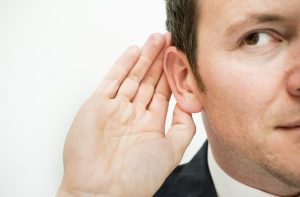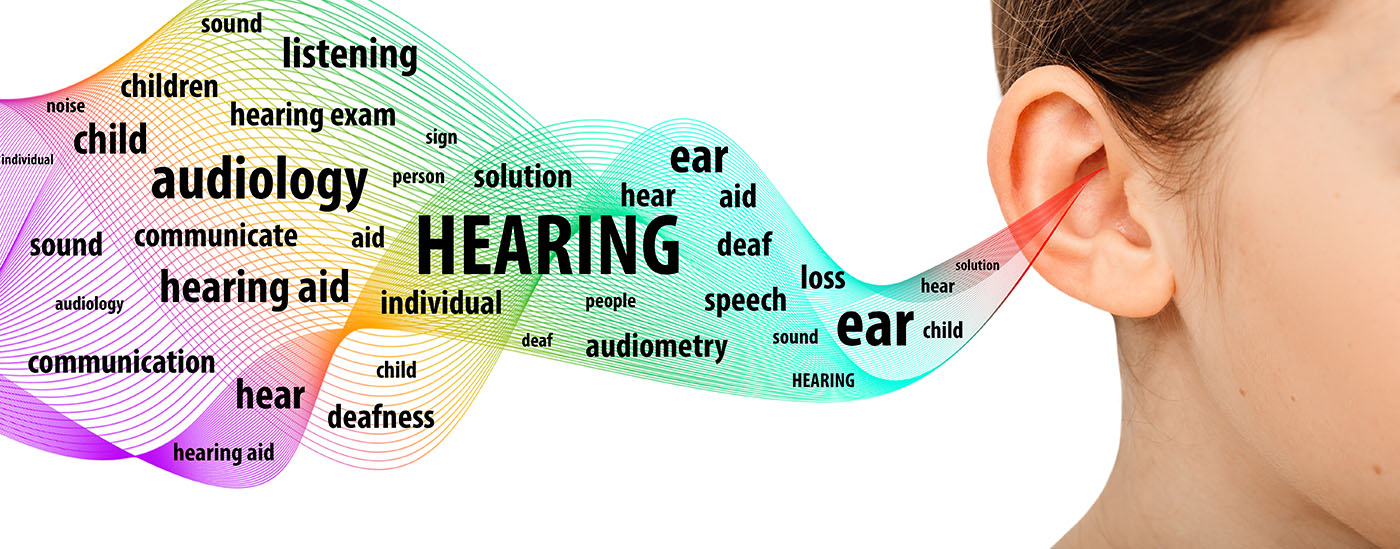Understanding the Intricate Link between Hearing, Tinnitus, Brain, and Memory
In our daily lives, we rely heavily on our ability to hear and process sounds. However, hearing loss, tinnitus, and their impact on brain health and memory are topics that often go unnoticed or misunderstood. This comprehensive article aims to shed light on the intricate connection between hearing, tinnitus, brain function, and memory. Through a thorough exploration of these topics, we will uncover valuable insights and provide actionable information to enhance our understanding of this complex relationship.
The Importance of Hearing
Hearing plays a crucial role in our ability to communicate, experience the world around us, and maintain our overall well-being. It allows us to engage in conversations, appreciate music, and be aware of our surroundings. The auditory system is a remarkable mechanism that captures sound waves, converts them into electrical signals, and sends them to the brain for interpretation. However, several factors can affect our hearing, leading to various consequences for our brain and memory.
360° Hearing Support
Give Your Ears A Rest

Hearing Loss and Its Impact on Brain Health
What is Hearing Loss?
Hearing loss refers to the reduced ability to perceive sounds or understand speech. It can occur due to various factors, including age, noise exposure, genetics, and medical conditions. Untreated hearing loss can have a significant impact on an individual’s quality of life, affecting their social interactions, mental health, and cognitive abilities.
The Brain’s Role in Hearing
The brain plays a pivotal role in the hearing process. It receives electrical signals from the auditory system and translates them into meaningful sounds. The auditory cortex, located in the temporal lobe, is responsible for processing and interpreting these signals. When hearing loss occurs, the brain undergoes significant changes to compensate for the lack of auditory input.
The Link between Hearing Loss and Cognitive Decline
Research has shown a strong association between hearing loss and cognitive decline. Individuals with untreated hearing loss are more likely to experience difficulties with memory, attention, and information processing. The strain on cognitive resources required to compensate for hearing loss can lead to an increased risk of developing cognitive disorders such as dementia and Alzheimer’s disease.

Understanding Tinnitus and Its Impact on the Brain
Exploring Tinnitus
Tinnitus is the perception of sound in the absence of an external source. It is often described as ringing, buzzing, or hissing in the ears. Tinnitus can be temporary or chronic and may vary in intensity and frequency. While it is commonly associated with hearing loss, it can also occur independently.
The Brain’s Response to Tinnitus
Tinnitus originates in the auditory system but involves complex interactions with the brain. When the auditory system detects hearing loss or damage, it generates phantom sounds as a compensatory mechanism. These sounds are then processed and amplified by the brain, contributing to the perception of tinnitus. The brain’s involvement in tinnitus is essential to understanding its impact on cognitive function and memory.
Tinnitus and Cognitive Function
The presence of tinnitus can significantly impact cognitive function. The constant presence of phantom sounds can disrupt attention, concentration, and memory. Individuals with tinnitus often report difficulties in focusing on tasks, which can lead to decreased productivity and increased frustration. Managing tinnitus effectively is crucial for preserving cognitive abilities and overall well-being.
The Intricate Relationship between Hearing, Tinnitus, Brain Health, and Memory
Hearing Loss, Tinnitus, and Memory Function
Memory is a complex cognitive process that encompasses the encoding, storage, and retrieval of information. Both hearing loss and tinnitus can impact memory function through various mechanisms. The strain on cognitive resources required to compensate for hearing loss or cope with tinnitus can interfere with memory encoding and retrieval. Additionally, the emotional distress associated with these conditions can further affect memory performance.
Strategies to Preserve Brain Health and Memory
- Regular Hearing Check-ups: Scheduling regular hearing evaluations can help detect hearing loss or tinnitus early, allowing for timely intervention and management.
- Hearing Aids and Assistive Devices: For individuals with hearing loss, hearing aids and assistive listening devices can improve auditory input, reducing the strain on the brain and enhancing overall cognitive function.
- Tinnitus Management Techniques: Various techniques, such as sound therapy, cognitive behavioral therapy, and relaxation techniques, can help individuals manage tinnitus and alleviate its impact on cognitive function and memory.
- Cognitive Training: Engaging in activities that challenge cognitive abilities, such as puzzles, reading, and learning new skills, can help maintain and enhance memory function.
- Healthy Lifestyle Choices: Adopting a healthy lifestyle, including regular exercise, a balanced diet, stress management, and quality sleep, can promote brain health and support optimal memory function.
Frequently Asked Questions (FAQs)
1. Can hearing loss cause memory problems?
Yes, hearing loss can contribute to memory problems. When the brain struggles to process sounds due to hearing loss, it requires additional cognitive resources. This increased cognitive load can interfere with memory function, leading to difficulties with information encoding and retrieval.
2. Is tinnitus a sign of brain damage?
Tinnitus is not necessarily a sign of brain damage. It is often associated with hearing loss or damage in the auditory system. The brain’s response to hearing loss or damage can lead to the perception of tinnitus.
3. Are there any natural remedies for tinnitus?
While there is no definitive cure for tinnitus, certain natural remedies may help manage its symptoms. These include practicing relaxation techniques, avoiding loud noise exposure, maintaining a healthy lifestyle, and using sound therapy to provide relief.
4. Can hearing aids improve memory?
Hearing aids can indirectly improve memory by enhancing auditory input and reducing the strain on cognitive resources. With improved hearing, individuals can engage more effectively in conversations, learn new information, and participate in cognitive activities that promote memory function.
5. How can I protect my brain health as I age?
To protect brain health as you age, it is essential to adopt a holistic approach. This includes maintaining a healthy lifestyle, engaging in regular cognitive stimulation, managing chronic conditions, staying socially active, and seeking prompt medical attention for any hearing or cognitive concerns.
6. Is there a link between hearing loss, tinnitus, and Alzheimer’s disease?
Research suggests that untreated hearing loss may be a risk factor for developing Alzheimer’s disease. The exact nature of the relationship is still being investigated, but addressing hearing loss and managing tinnitus can potentially contribute to reducing the risk of cognitive decline.
Nurturing the Connection between Hearing, Tinnitus, Brain, and Memory
Hearing loss, tinnitus, brain health, and memory function are interconnected elements that deserve our attention and care. By understanding the relationship between these factors, we can take proactive steps to preserve our hearing, manage tinnitus, and protect our cognitive abilities. Regular check-ups, the use of appropriate interventions, and adopting a holistic approach to brain health can contribute to a fulfilling and vibrant life, where hearing and memory thrive hand in hand.
360° Hearing Support
Give Your Ears A Rest


